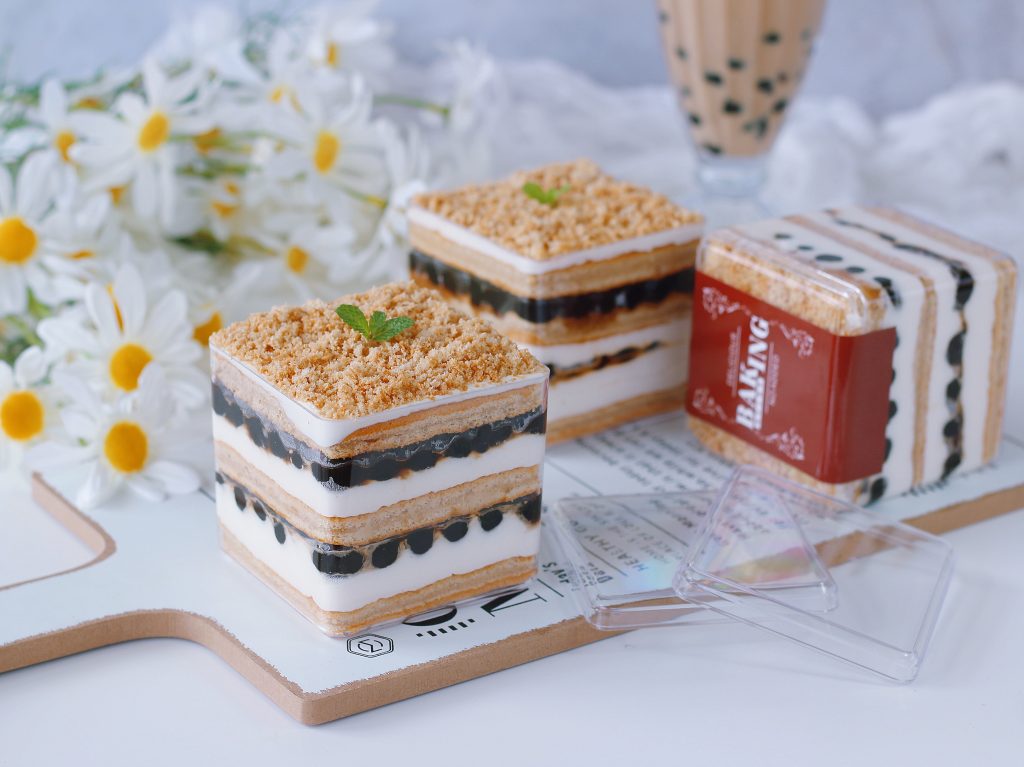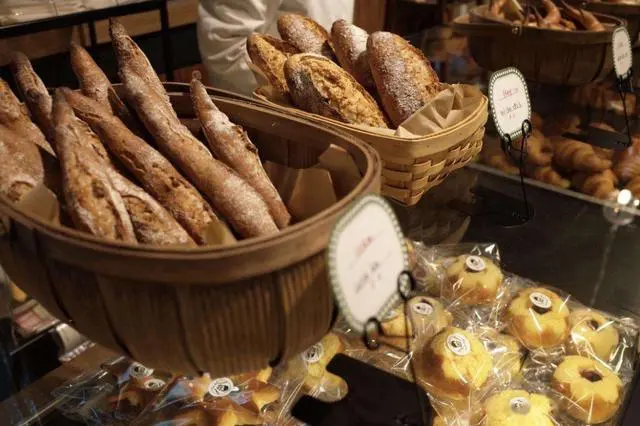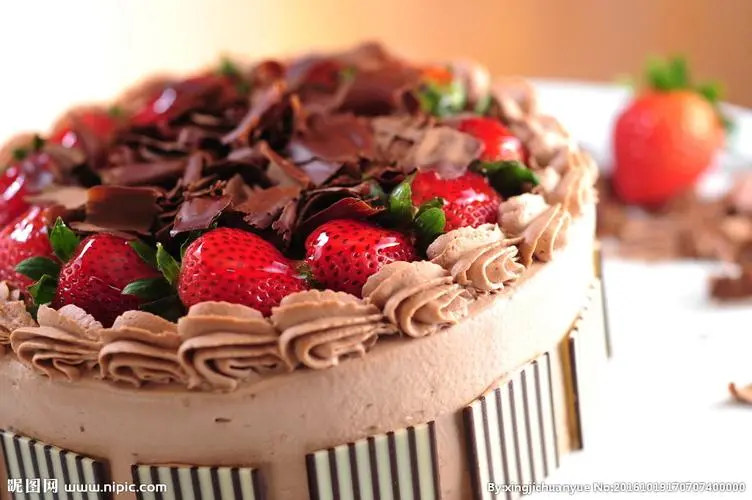The annual arrival of Carnival season in New Orleans heralds a time of bustling activity and heightened demand for the iconic king cakes.
As lines snake outside local bakeries, the atmosphere within is one of purposeful industry, as bakers and staff work tirelessly to meet the insatiable craving for these vibrantly adorned pastries that have captured the hearts and palates of locals and visitors alike.
David Haydel Jr., a representative of Haydel’s Bakery, attests to the extraordinary significance of Mardi Gras, noting that the sale of king cakes during the brief period spanning from Christmas to Lent contributes a substantial portion, approximately half, of the bakery’s annual revenue.
The palpable sense of urgency within the bakery is evident as racks brim with freshly baked cakes awaiting packaging, while nearby, workers deftly prepare batter in sizable mixers, deftly fashioning lengths of dough into the distinctive ring shapes before swiftly transferring them into the ovens.
This fervent activity is mirrored in Adrian’s Bakery, situated in the vibrant Gentilly neighborhood, where Adrian Darby Sr. underscores the pivotal role of king cakes in sustaining his business, accounting for a substantial 40% of overall sales.
The economic impact is unmistakable, as Darby emphasizes the necessity of Mardi Gras in upholding the stability of his enterprise, ensuring the preservation of full-time employment and preventing the need for unwelcome cutbacks.
The significance of these delectable confections extends beyond mere gastronomic delight, encapsulating a cultural and economic cornerstone in the fabric of New Orleans.
The fervor surrounding the production and consumption of king cakes during Carnival season underscores the interwoven nature of tradition, commerce, and community spirit.
As the city pulsates with the vibrant energy of Mardi Gras, the enduring appeal of king cakes serves as a poignant testament to the enduring allure of New Orleans’ rich cultural tapestry.
Food historian Liz Williams posits that the origins of king cake culture can be traced back to the Saturnalia celebrations of ancient Rome, during which a cake containing a bean was baked, and the individual who received the slice with the bean was designated as king for a day.
Throughout the centuries, these traditions were adapted and incorporated into European pre-Lenten festivals, ultimately evolving into the modern Mardi Gras customs that we recognize today.
According to Williams, the evolution of king cakes has not ceased. In New Orleans, these confections were once uniform and straightforward, consisting of a ring of braided lightly sweet brioche adorned with purple, green, and gold sugar.

Instead of a bean, small baby dolls, initially crafted from china and now made from plastic, were baked inside.
“There was not really one variation from one bakery to another,” Williams remarked. However, by the 1970s, changes were afoot. Some bakers began utilizing Danish-style pastry dough, while others opted to fill their king cakes with cream cheese or fruit preserves.
The allure of the king cake has steadily ascended from one Mardi Gras season to the next, amidst the customary fervor of parades, vibrant floats, masquerade revelry, and spirited street celebrations.
According to Williams, in bygone days, king cake was likely savored only a few times annually, typically during a king cake party held during Carnival season.
Presently, however, Mardi Gras season sees a near-daily indulgence in king cake for many. Williams notes that individuals often bring king cakes to work, and the recipient of the “baby” inside the cake is tasked with providing another the following day, resulting in frequent consumption.
Nevertheless, this delectable treat is not meant for year-round indulgence. Tradition dictates that king cake should not be enjoyed before Carnival season commences on January 6th, nor after Mardi Gras, which falls on Fat Tuesday, this year on February 13th.
The widespread appeal of king cake was palpable on a recent morning at Manny Randazzo’s bakery in New Orleans, where a queue of over 60 people extended down the street.
Customer Adrienne Leblanc loaded the back of an SUV with king cakes destined for friends and family both locally and in distant locales such as Houston and Mississippi, as well as some to remain in New Orleans.

In conclusion, the annual surge in demand for king cakes during Carnival season encapsulates the profound impact of tradition and celebration on the economic vitality and cultural identity of New Orleans.
As local bakeries labor tirelessly to satisfy the unyielding appetite for these beloved pastries, the enduring resonance of Mardi Gras and the symbolic significance of king cakes stand as a testament to the enduring spirit of this vibrant city.
